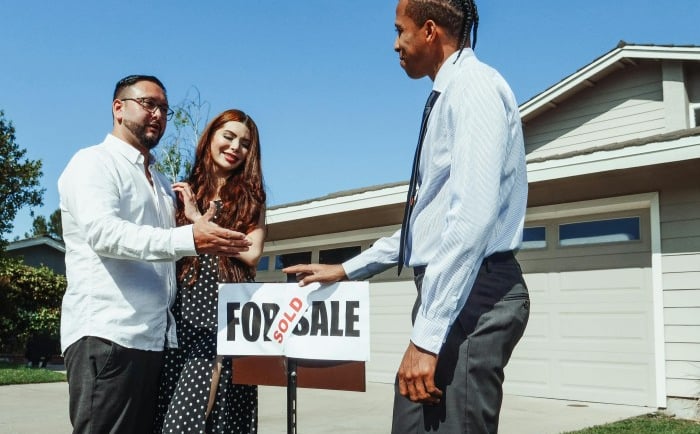Renting vs Buying a Home in 2025: Which Option Makes More Sense?
Deciding whether to rent or buy in today’s changing housing market? This clear, reader-focused guide walks through financial, lifestyle, and long-term considerations for 2025.
Neeraj saini
8/15/20252 min read


Navigating the housing decision—whether to rent or buy—is never simple. But in 2025, with shifting interest rates, rising prices, and changing economic drivers, the choice demands fresh thinking. On US PROPERTY MARKET BLOG, I aim to help you sift through the details in plain, useful terms—without pressure or jargon. Renting vs Buying a Home in 2025.
Let’s unpack what renting and buying mean in today’s context—and how to decide what fits your life right now.
1. Crunch the Numbers: Costs and Cash Flow
Renting: Lower Upfront, More Flexibility
No down payment or closing costs—just first month’s rent and deposit.
Includes maintenance and repairs.
Rent often rises with inflation, but annual increases are usually modest.
Buying: Builds Equity, Requires Investment
Requires down payment, closing costs, insurance, taxes—all upfront cash.
Mortgage payments build equity over time.
Unexpected repair costs fall to you—but you benefit when you sell.
Tip: Compare monthly costs of renting vs owning, plus factor in equity growth, tax benefits, and maintenance costs.
2. Rate and Market Reality
With mortgage rates hovering above 6%, financing a home is more expensive compared to recent years. Coupled with moderate home price growth, affordability is stretched—but not impossible.
Renting may offer flexibility. Buying gives long-term stability and ownership—but demands careful calculation around rates, price growth, and your down payment ability.
3. Time Horizon: How Long Will You Stay?
Under 3 years: Renting often makes more sense—avoids transaction costs and gives mobility.
3 to 7 years: Buying may start to pay off, especially if home price gains and equity line up.
Over 7 years: Ownership often wins. Equity builds, transaction costs smooth out, and stability offers psychological and financial gains.
For those focused on house buying tips or eyeing property investment tips, alignment with your timeline is crucial. Renting vs Buying a Home in 2025.
4. Lifestyle & Flexibility
Renting offers unmatched flexibility—relocate quickly, avoid maintenance, and choose neighborhoods without a mortgage tie.
Buying offers stability and personalization—from tips for staging home to sell early on to customizing the space your way. For families, feeling "rooted" in a community may outweigh the risks of market shifts.
5. The Investment Angle
Owning a home can act as forced savings: every mortgage payment builds equity. Over years, that equity serves as leverage for refinancing, remodeling, or even funding other real estate investment advice.
Renters miss out on equity growth—but gain portability and freedom. For investors, buying a land for sale, commercial real estate, or second property can diversify strategies beyond homeownership. Renting vs Buying a Home in 2025.
6. Market Trends to Watch in 2025
Moderate home price growth amid recovering inventory.
High mortgage rates increasing cost of ownership.
Variable rent inflation, depending on region and supply.
These trends affect which option makes sense where you are.
7. Quick Decision Table
ScenarioRenting May Make SenseBuying May Make SenseShort-term stayYesNoNeed mobilityYesNoLow savingsYesDepends on down paymentLooking for equity growthNoYesLong-term stability desiredNoYesLiving in high-growth areasMaybeOften yes
8. Final Thoughts
There’s no one-size-fits-all answer. Renting shines for short-term flexibility, ease, and lower upfront cost. Buying stands out for long-term stability, equity building, and personalization. In 2025’s landscape of higher rates and moderate price growth, the smartest move is measuring these factors against your lifestyle, finances, and timeline. Renting vs Buying a Home in 2025.
US Property Market Blog
US Property Market Blog is a leading general blog to know about real estate and other general information about all categories regarding USA, UK, Australia and all other countries.
Connect
Subscribe
© 2025. All rights reserved.